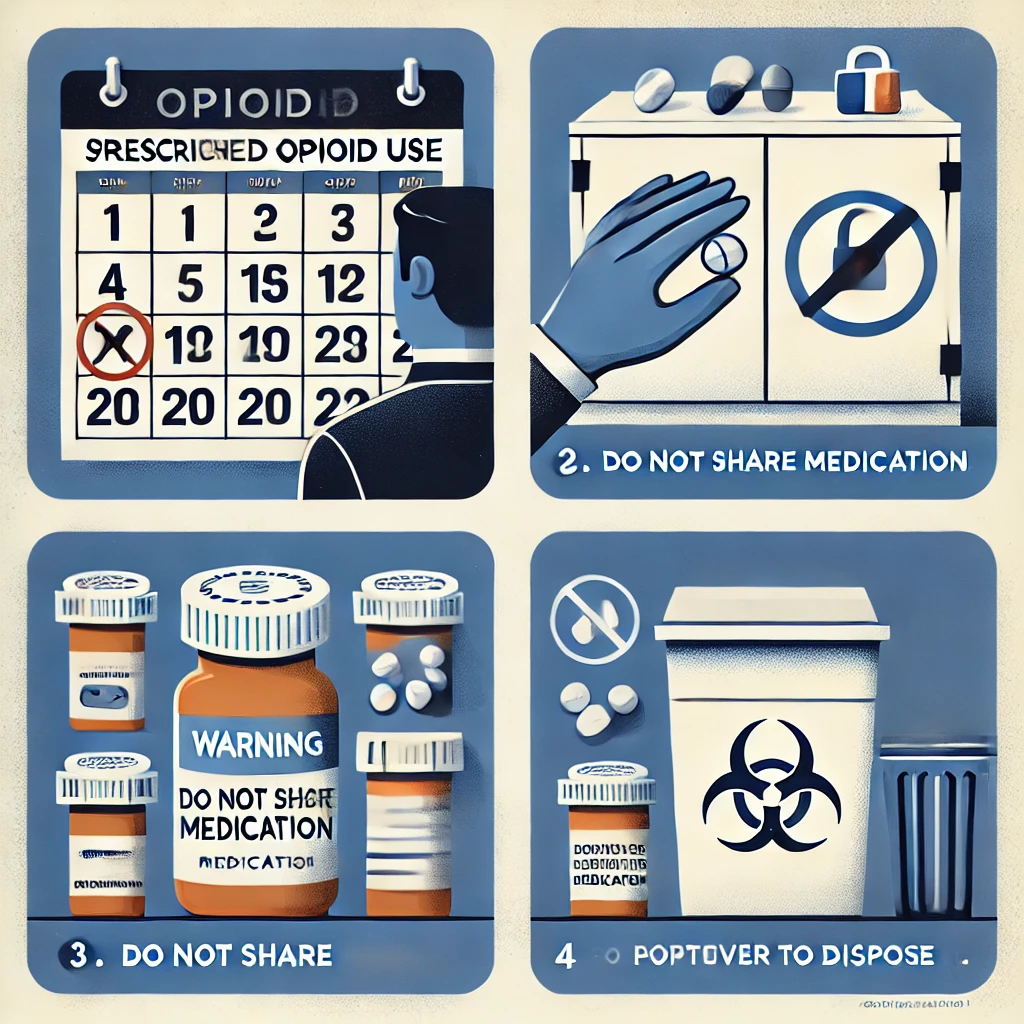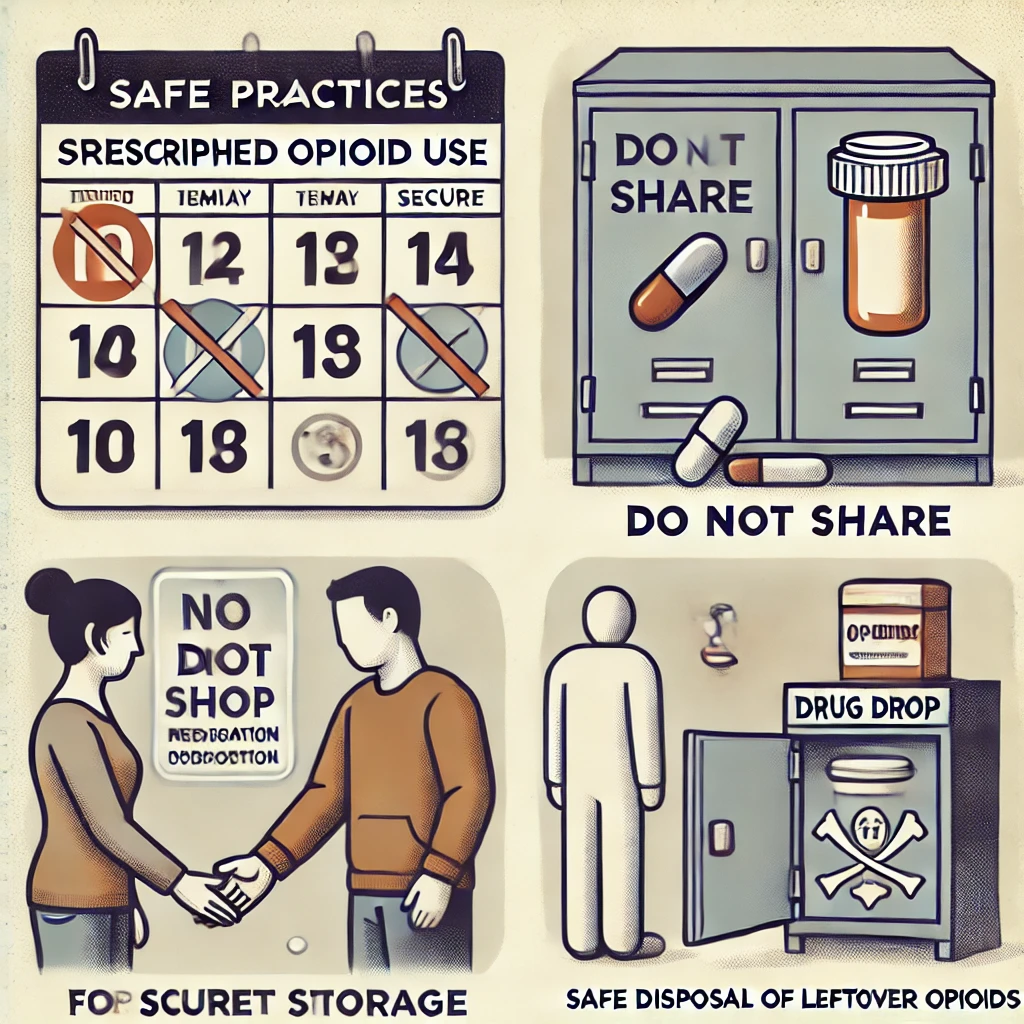
Fresno Stands Up to Overdose: Inside the Narcan Awareness Event at New Life Recovery
On June 19, 2025, a powerful gathering took place at the corner of Broadway Street and Nevada Avenue in Central Fresno. Community members, first responders,
For individuals who inject opioids, the risks are heightened due to the method of use and the potential for infection. Safe practices are crucial to reduce the risks associated with injection drug use. This blog will provide essential harm reduction tips to help you stay safe and minimize harm.
1. Use Sterile Syringes and Supplies
Injecting opioids with unclean or shared needles can lead to serious health issues, including infections and transmission of diseases such as hepatitis C and HIV. Always use sterile syringes and supplies to reduce the risk of infection. If you need clean needles, many communities offer syringe services programs that provide access to sterile syringes and safe disposal of used ones.
2. Avoid Reusing Needles
Reusing needles or other injection equipment increases the risk of infections and complications. Always use a new, sterile syringe for each injection. Syringe services programs often offer free needle exchange services, ensuring you have access to clean supplies each time you inject.
3. Sanitize Injection Sites
Before injecting, clean the injection site thoroughly with an alcohol swab to reduce the risk of infection. Not sanitizing the area can lead to abscesses and other complications. Proper hygiene is an essential part of safe injection practices.
4. Test for Fentanyl
Fentanyl is a potent opioid that can be present in other drugs, often without the user’s knowledge. Fentanyl test strips are a valuable tool for detecting the presence of fentanyl in your drugs. They are legal and available for free at various locations. Using these strips can help you avoid overdosing on substances contaminated with fentanyl.
5. Be Mindful of Your Health
Overall health plays a significant role in the risk of overdose and complications. Ensure you stay hydrated, get enough rest, and maintain a balanced diet. Poor health can increase your vulnerability to the harmful effects of opioids and complicate recovery from infections or other issues.
6. Seek Out Syringe Services Programs
Syringe services programs offer a range of services beyond needle exchange, including testing and treatment for infectious diseases, safe disposal of used syringes, and access to health education. These programs are designed to support individuals who inject drugs and help them stay safe while reducing harm.
Conclusion
Injecting opioids carries additional risks that require careful management. By using sterile syringes, avoiding reuse, sanitizing injection sites, testing for fentanyl, and taking care of your overall health, you can significantly reduce the harm associated with injection drug use. Additionally, accessing syringe services programs can provide you with valuable resources and support to stay safe and healthy.

On June 19, 2025, a powerful gathering took place at the corner of Broadway Street and Nevada Avenue in Central Fresno. Community members, first responders,

If you’ve been prescribed opioids for pain management, it’s crucial to use them responsibly. While opioids can be effective for managing severe pain, they also

Using opioids, whether prescribed or otherwise, comes with serious risks, including overdose, addiction, and other health complications. While the safest approach is to avoid misuse,